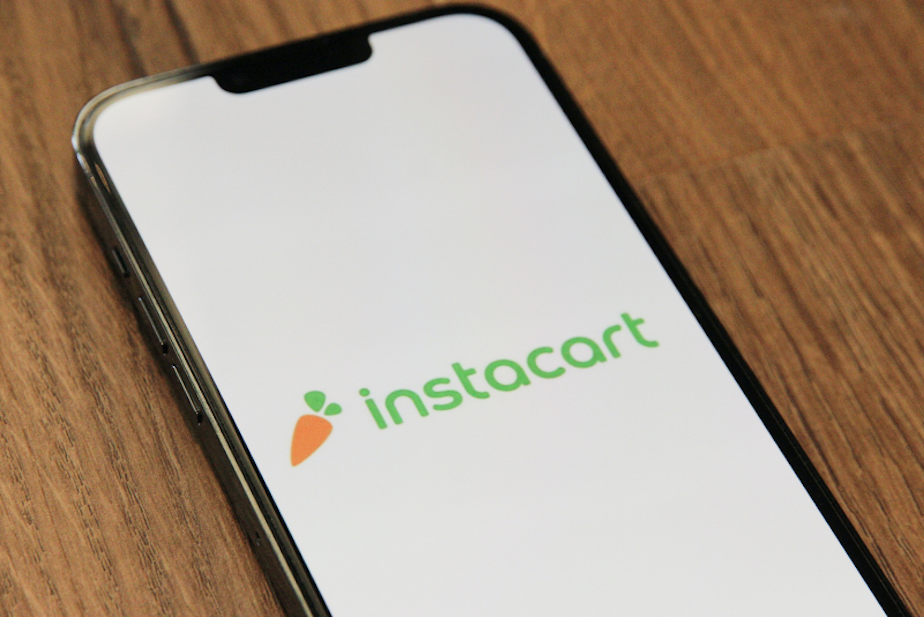Seattle mandates paid sick time for food delivery drivers

Seattle’s food delivery drivers will be eligible for paid time off when they get sick or need to deal with other safety related issues under a plan approved Tuesday by the City Council.
The legislation makes permanent a benefit the city temporarily adopted to protect gig workers during the pandemic.
It’s part of a broader push by the Seattle City Council to ensure app-based workers don’t fall through gaps in the social safety net.
“We all need to be able to take a day off when we feel sick, when our kiddos or our family members feel sick, and not worry about having missed a day’s wage,” said Councilmember Teresa Mosqueda during the hearing.
The ordinance applies to food delivery drivers who work for services like DoorDash, Instacart, and UberEats.
A spokesperson for Instacart told KUOW the company is committed to making “shopper health and safety a top priority” and “willing to work with anyone who shares these goals.” Instacart also said the flexibility afforded by shoppers’ status as independent contractors is a top priority for workers and the company.
Sponsored
During Tuesday's hearing, delivery drivers and labor activists called the ordinance a major victory for some of the economy’s most vulnerable workers.
“We are setting a national example today,” said Danielle Alvarado, executive director of Working Washington.
But the ordinance doesn’t guarantee paid sick time for everyone who gets work using an app.
Drivers for transportation networks like Uber and Lyft are already guaranteed paid sick time by the state.
Seattle’s ordinance also doesn’t cover so-called “marketplace apps” like the pet-sitting service Rover.
Sponsored
In general, apps that allow customers to select the person who will be providing a service, and communicate with them about the job, are not covered by the new legislation. However, the City Council did include an amendment to study the possibility of extending the benefit to that group of workers.
The ordinance applies to eligible gig workers providing services partially or fully in Seattle. It takes effect for food-delivery drivers May 1 and other app-based workers in January of next year.




